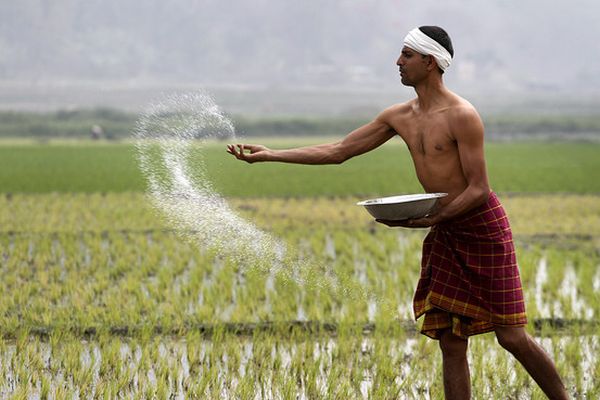Recently Indian government declined to meet the deadline that was set to adopt WTO’s trade facilitation agreement, the last date was set as July31. India based its refusal on the context that there was hardly any progress in measures being taken by WTO for food security. Refusal by India stopped adoption of agreement since WTO takes all actions based on consensus of all member countries.

India’s Stance on TFA
Trade officials of many countries criticized the stance by India. However, analysts believe that it was a negotiation strategy from India, which was completely aligned with nation’s domestic as well as national interests. Some of the likely explanations for the stance taken by India can be distrust country has in international institutions, domestic politics and moralizing behavior in terms of world affairs.

Distrust in International Institutions:
Many countries including India believe that developed countries generally do not keep their promises and concerns related to developing world are hardly discussed at WTO. It is being assumed that India took such stern stance because there has been no progress on various issues related to food security.

Domestic Politics:
In India, food security is a major concern where more than 500 million people earn about $1.25 every day and thousands of farmers are committing suicide since their food grains remain unsold.
India for long has been asking for subsidy value for food stocks to be raised above 10% of overall food production in any country as presently allowed by WTO but no one has paid any heed to it as yet. Thus, such position by the country on the topic of food security is directly related to plight of small farmers.

Moralizing in World Affairs:
The argument from India’s behalf is that developing world hardly gains anything from accepting international trade rules. By not agreeing, countries like India are named hardliners but they are able to make their stance clear as being ethical in their decisions and at the same time knowing that there is hardly anything to be gained by saying yes.
Recently, the Indian commerce minister, Nirmala Sitharaman while talking with a newspaper also clearly mentioned that their co-operation in various international committees only makes them look less assertive and they want to change it now.
It is clear that Indian stance on trade facilitation agreement is based on domestic political obligations it has along with lack of faith that such agreement will benefit the country in any way.




